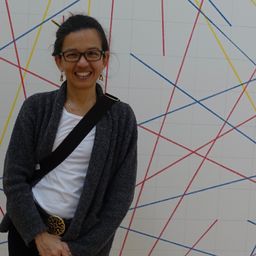14.30 Reconfiguring the Civic: Urban Heritage Conservation in Yangon
My Session Status
The nascent Yangon preservation movement poses a radical paradigmatic shift in perceptions of history, national identity, and Asian urban modernity. It accomplishes this through generating public debates regarding what constitutes Yangon heritage as it exists or is remembered in the built environment. This seemingly circumscribed architectural concern is in fact a form of activism. By invoking an international discourse of conservation and in promoting a cosmopolitan urban history, the local civil society-led preservation movement is reconfiguring the physical, social, and ideational city of Yangon. The propositions of secular heritage and pluralism introduce new realms of public space, perceptions of the public good, and concepts of the communal self that are in distinct contrast to state-led heritage conservation initiatives that have focused on constructing unifying nationalistic narratives promoting an homogenous identity. Locating heritage within the secular and vernacular urban fabric redistributes agency in processes of heritage production as well as redefines the civic in responsibility, action, and form. Where once heritage was located on the temple, monastery, and palace grounds, heritage, it is now proposed, is found in urban green spaces, streetscapes, and the halls of residential and civic structures. This perspectival reorientation raises a panoply of critical issues from governance and representation to the cultivation of new public relationships to the built environment. The provision of shared heritage promotes multi-vocal interpretation and supplies occasions for coherence; however, this rearrangement of spatial and historical associations to urban space also provokes multiple sites of contestation. Urban heritage and its conservation are at the nexus of these socio-physical transformations. This paper will illustrate the growing centrality of heritage in the discursive and material formation of the city and its citizens and will examine the spatio-social activism heritage conservation discourse. In Yangon, heritage conservation is reassembling the social. This paper will suggest that what is occurring in Yangon is of transdisciplinary interest at multiple scales.
